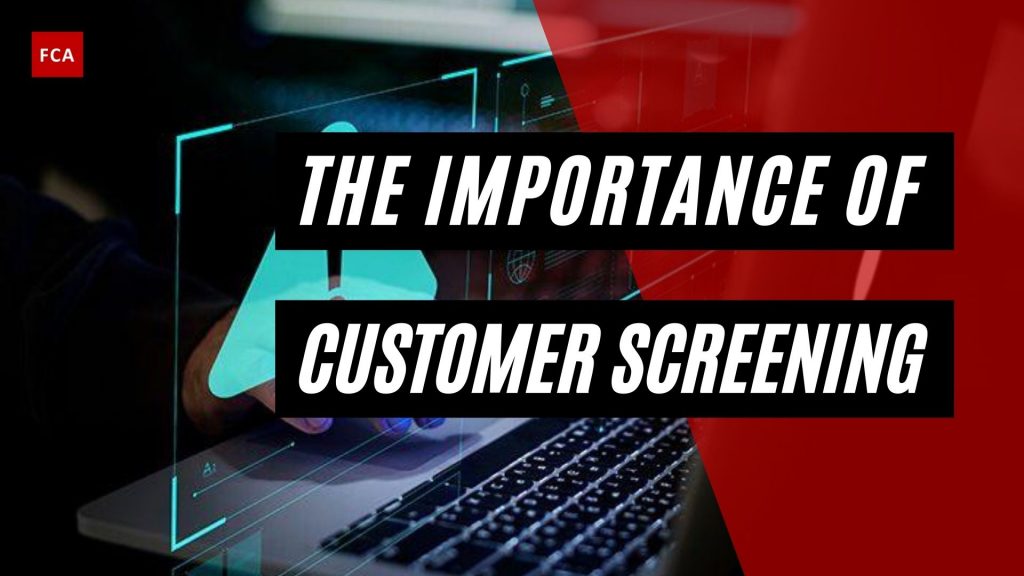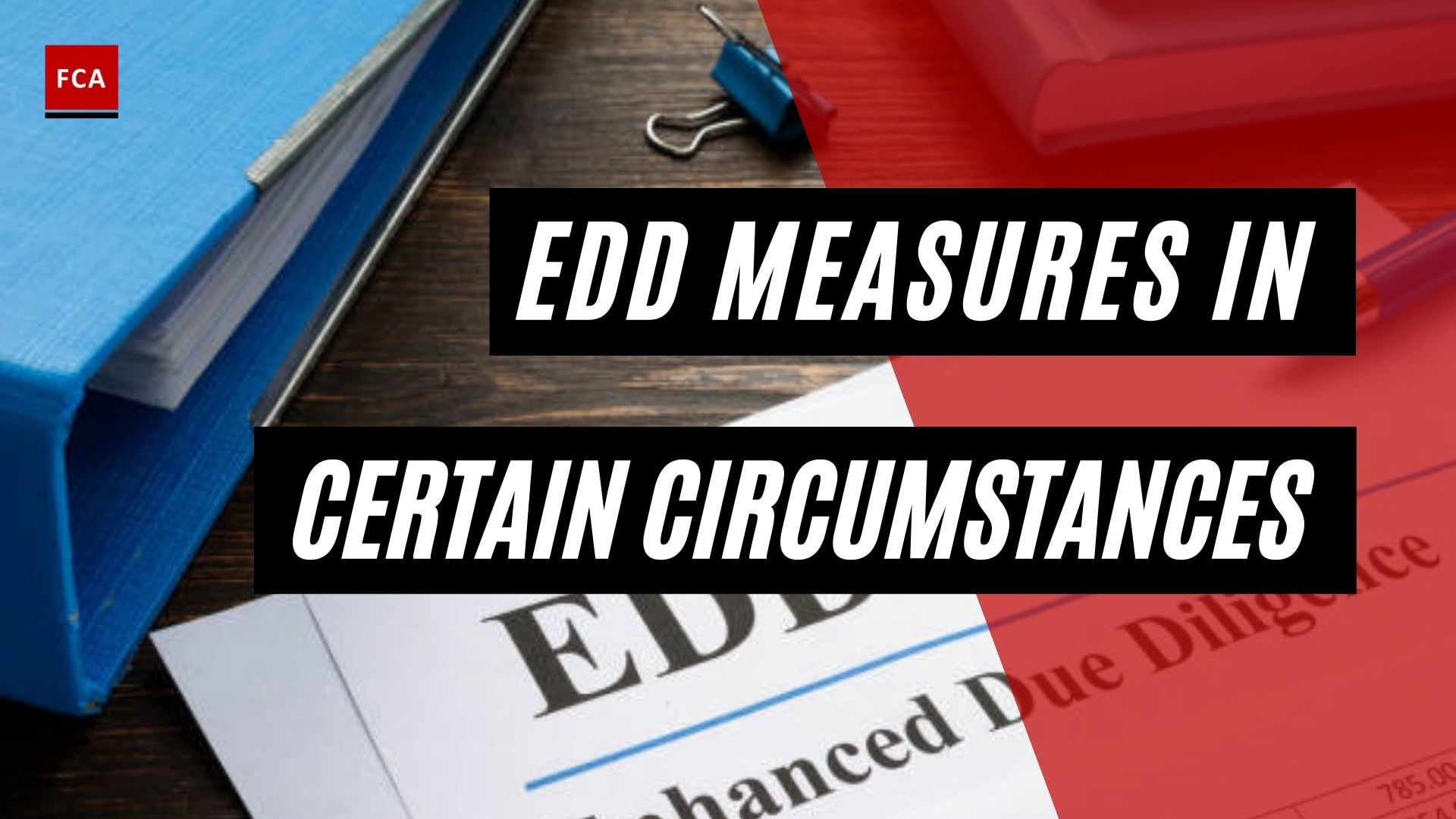The importance of customer screening aids the organization in reducing the danger of a criminal or money launderer being onboarded. It assists in detecting the customer’s true legal and professional position, such as whether they are a politically exposed person (PEP), a potential money launderer, or a criminal.
The Importance Of Customer Screening
Regulatory agencies and international organizations, such as the FATF, urge the use of proper screening techniques to guarantee that the organization’s KYC process is robust.
Customer screening is necessary to ensure that clients are genuine and have no malevolent motives. Customer screening necessitates the use of trustworthy industry and regulatory data for screening purposes, reducing the danger of employing outdated data or information. This screening method aids in the identification of the genuine beneficial owner of the account and decreases the possibility of non-identification.
Because false positives must be examined, they lead to an overabundance of administrative effort. Sifting through possible matches in search of contradicting evidence takes a lot of time and effort. The organization has lost money as a result of the false positives. False negatives, on the other hand, may jeopardize the organization’s reputation.

Successful Customer Screening Procedure
The successful customer screening procedure aids in the maintenance of uniform data regarding prohibited companies and organizations on the blacklist. It eliminates the requirement for inexact data field matching when exact matching is possible. The most important data point is dynamic. Effective client screening enables for «preflight» data standardization, which may be done by the compliance team without involving IT or other third parties, which could jeopardize the confidentiality of the prospective customers.
Effective customer screening enables the organization to connect to multiple data sources and automatically integrate different types of data from different systems, which reduces the risk of onboarding the negative or banned entities. The customer screening process allows for easy creation of multiple names data sets for the possible matches and requires ensuring that only genuine risk entities are identified and avoided for business relationships.
Why Is Customer Risk Screening Important?
In terms of customer experience, the customer onboarding process is critical for businesses. Companies want their customers to have a quick and easy onboarding process. Companies, on the other hand, must protect themselves from risks and meet AML obligations in customer onboarding processes. As a result, companies perform customer risk screening to determine the risks of their customers during the customer account opening processes, with the exception that companies must use an AML compliance program template appropriate for their risk levels. Risky customers can harm the company’s reputation and expose it to financial crime risks.
Why Is Customer Monitoring Important?
Customers’ risk tolerance levels may shift over time. As a result, businesses must conduct risk assessments on a regular basis in order to detect and respond to customer risks. Companies should apply the controls they implemented during the customer onboarding process and reclassify them based on their risk levels during the customer monitoring process.
What Are Customer Screening And Customer Monitoring Procedures?
The goal of customer screening and monitoring is to identify customer risks through risk assessment. The procedures used for this purpose are commonly referred to as «Know Your Customer» and «Customer Due Diligence.» Know Your Customer (KYC) procedures are used to collect customer information and ensure the accuracy of that information. Customer due diligence check procedures are implemented once the accuracy of the customer information has been confirmed.
Sanction, PEP, and adverse media screening are some of the risk assessment controls used in customer screening and monitoring processes. Regulators have made it mandatory for businesses to apply sanctions, PEP, and adverse media scanning to their customers during the account opening and monitoring processes.
Enhanced due diligence (EDD) entails conducting a more thorough investigation of a customer than would be done in regular screening. In most jurisdictions, when dealing with a high risk customer, you will be required to conduct EDD as part of your regular screening. The nature and severity of the risk should determine the format of your EDD. It can range from a negative media check to the investigation of corporate structures linked to an individual to the verification of income sources.
Final Thoughts
In almost all jurisdictions, violating sanctions—doing business with a sanctioned individual or entity—is a criminal offense. Businesses are facing increasingly severe penalties from regulators and prosecutors.
that fail to adequately screen customers or risk rate them appropriately Regulators don’t even need to show that an organization was exposed to criminality as a result of their customers’ activities – simply demonstrating that its AML controls were inadequate is sufficient.








